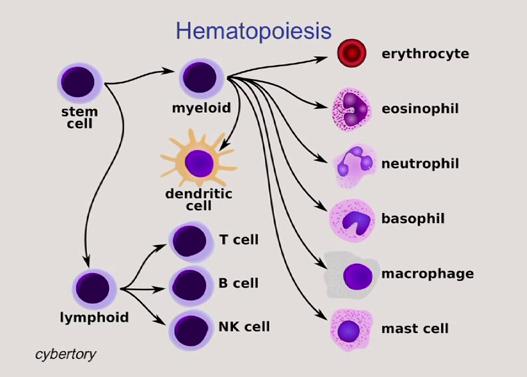The Immune System 101: It's a Jungle in There
The Immune System 101: It's a Jungle in There (UCSF Osher Mini Medical School). The human immune system is a wondrous communication network that quietly goes about its business 24 hours per day, protecting us from foreign invaders, helping us to adapt to new environments, and allowing us to age gracefully. When it goes awry, however, the result can be allergies, autoimmune diseases, cancers, and other disorders. This UCSF Osher Mini Medical School series offers up-to-date information about how a normal immune system functions, and how doctors treat disorders of immunity. (from uctv.tv)
 |
1. Introduction to Clinical Immunology
Dr. Katherine Gundling, Professor, Division of Allergy and Immunology at UCSF presents an overview of the immune system, how it functions and what can go wrong.
2. Basic Immunology: Nuts and Bolts of the Immune System
Dr. Anthony DeFranco explores basic immunology, looking at the cells in the immune system, what they do and how they work.
3. Allergy Asthma and Microbes: The Hygiene Hypothesis
Dr. Homer Boushey explores the hygiene hypothesis, the notion that modern cleanliness causes a lack of stimulation of the immune system in early development, making children more vulnerable to things that cause asthma.
4. Food Allergy and Inflammatory Bowel Disease
Drs. Laurence Cheng and Uma Mahadevan explore the science behind food allergies and other gastrointestinal tract problems.
5. Rebooting the Immune System with Bone Marrow Transplantation
Dr. Morton Cowan explores the latest in bone marrow transplantation to reboot the immune system.
6. Biologic Agents: Treatment of Autoimmune Diseases
Dr. Andrew Gross, UCSF Rheumatology Clinic Director, explores the latest strategies in the treatment of autoimmune diseases.
| Related Links |
| The World within Us: Microbes that Help and Harm Professor Julie Theriot discusses the different types of microorganisms present in the human body and their functions, the distinction between disease-causing and benign or helpful microorganisms, and the interactions between human cells and both harmful and helpful microorganisms. |
| Infection, Inflammation and Immunology: Implications for Your Health This series covers key topics in microbiology, immunology, infectious disease, and international health. |
| Immunology Lecture Mini-Course This mini-course that provides a comprehensive overview in basic immunology for anyone interested in understanding how the immune system work. |
| Immunology and Hematology This course covers the following topics: Antibodies, antigens, antigen-antibody reactions, cells and tissues of lymphoreticular and hematopoietic systems, and individual and collective components of cell-mediated and humoral immune response. |